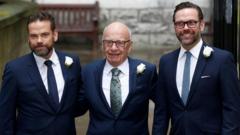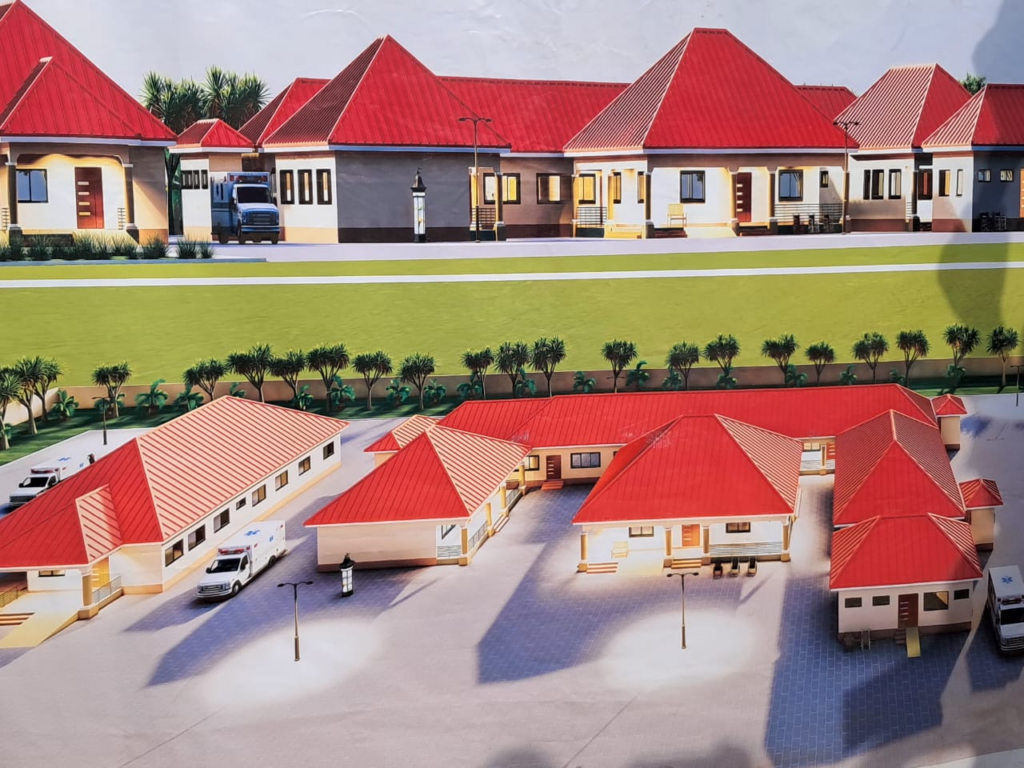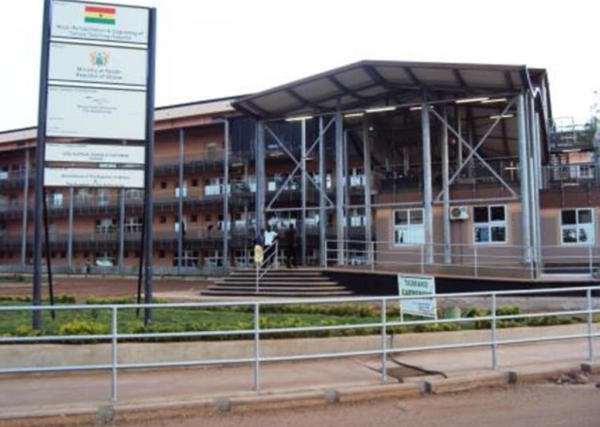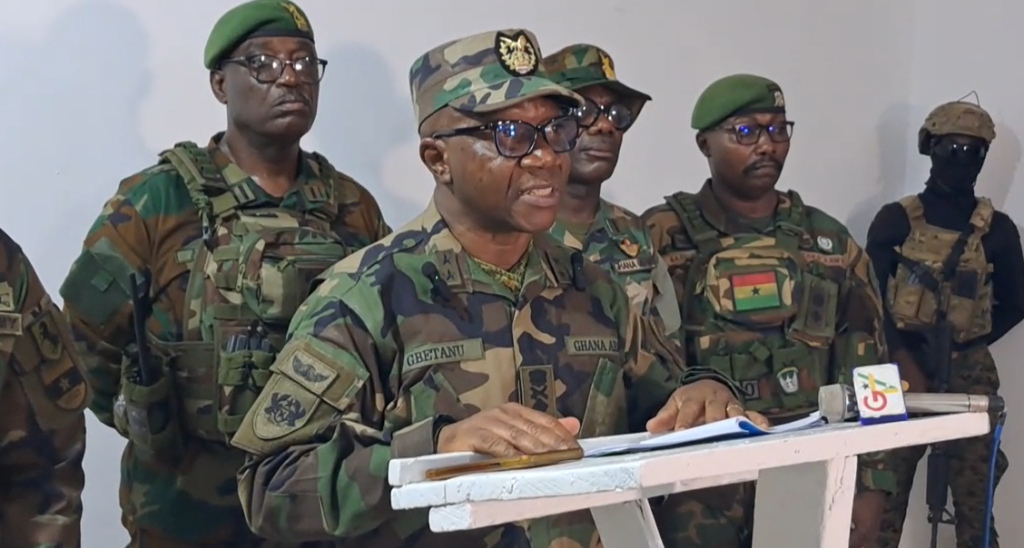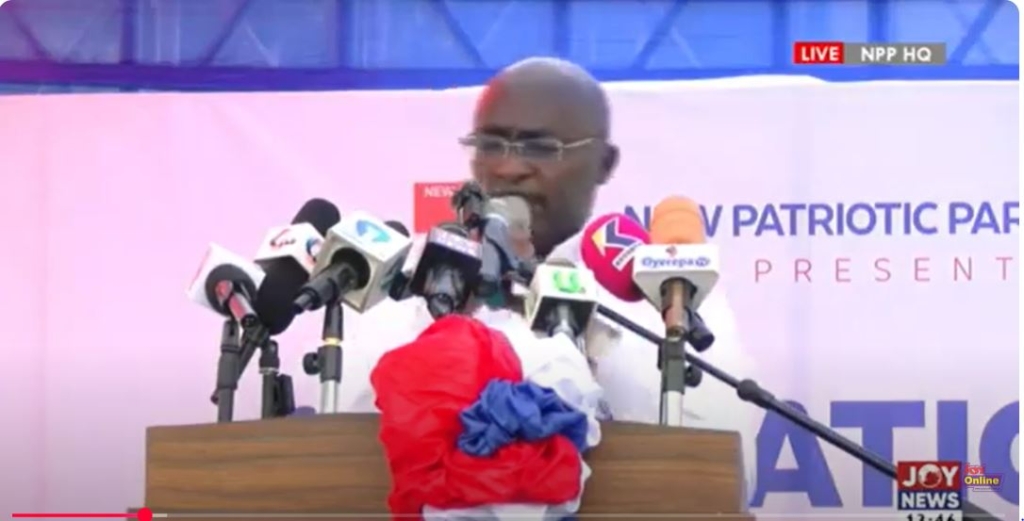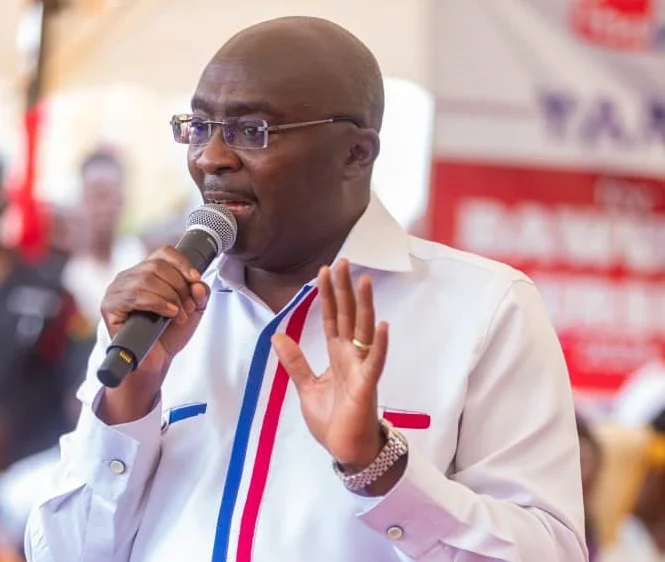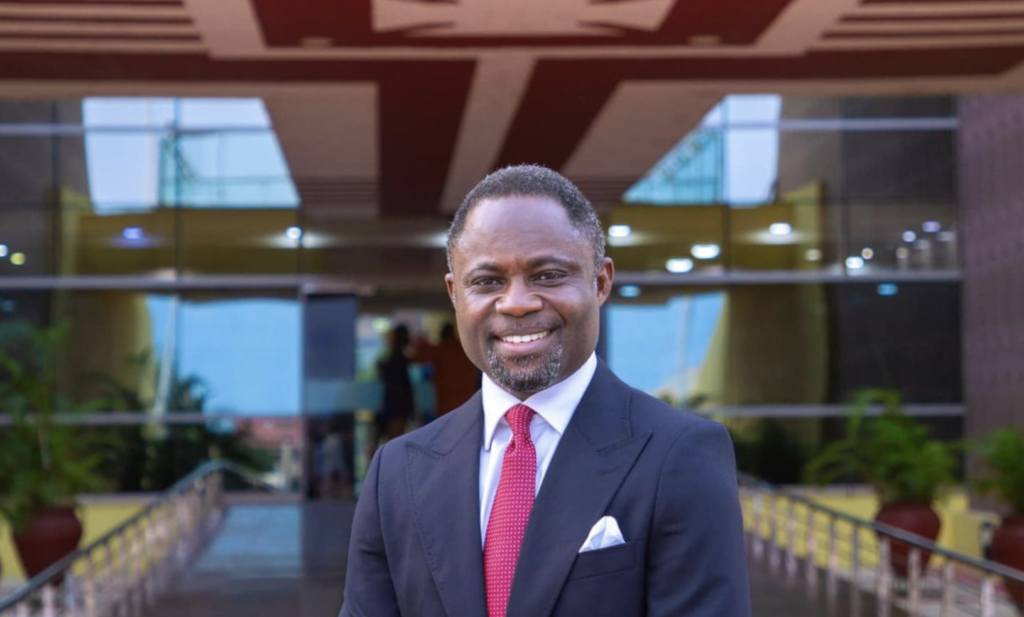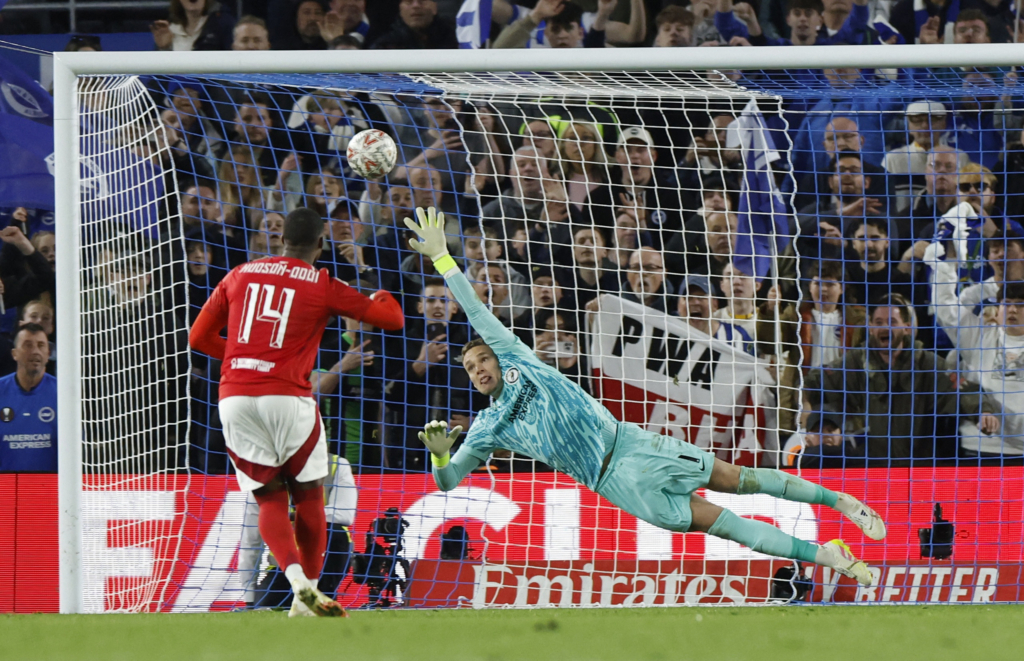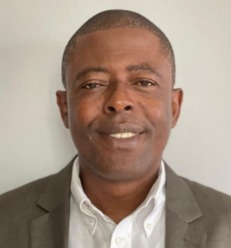Campaign financing and inclusion, election outcomes and policy, are among the critical issues that are portrayed on most political discussions as the national elections draw closer. Key experts in academia have created the platform to offer insights into the prospects that await citizens, before and after the elections, while fostering civil discourse about Ghanaian politics.
The post Experts discuss gender parity, political financing in Ghana’s elections at Ghana Academy of Arts forum first appeared on 3News.
Campaign financing and inclusion, election outcomes and policy, are among the critical issues that are portrayed on most political discussions as the national elections draw closer.
Key experts in academia have created the platform to offer insights into the prospects that await citizens, before and after the elections, while fostering civil discourse about Ghanaian politics.
With few months left for Ghana to go to the polls, policymakers, practitioners, and the public are discussing topical issues that matter to the upcoming elections. The use of party vigilante groups, monetizing elections, and gender imbalances in the elections and how to deepen the trust in the appointment of the Chairperson of the Electoral Commission are high on the agenda.
Highlighting the Policy and Institutional Framework of the national elections in Ghana, Prof. Ernest Kofi Abotsi, Dean of the UPSA Law School, emphasised that ensuring electoral neutrality and transparency will encourage political parties to accept election results.
Professor Abotsi further said that the nomination of the Chairperson of the Electoral Commission solely done by the sitting President, remains problematic in Ghana. According to him a lot needs to be done to change that narrative.
“In order for parties to become functional players in elections, the EC and electoral bodies should crack the whip to address the issue of political party financing. The default is the status-quo in which party financiers have hijacked the political parties,” he indicated.
On the issue of political parties’ contribution to national elections, the Head of the Department of Political Science, University of Ghana, Professor Seidu Alidu, observed that most political parties in Ghana are more interested in benefits than helping to promote economic development.
“The recent Afrobarometer survey shows that there is low trust in Ghana’s Electoral Commission. However, the Inter-Party Advisory Committee (IPAC), should be strengthened and decision making on electoral matters should also be deliberated using IPAC’s platform”.
This would help to restore confidence in the electoral processes, Professor Seidu Alidu added.
Every year, the Ghana Academy of Arts public forum provides an opportunity for relevant topics of national importance, to among other things help deepen the trust between electorates and the electoral commission.
The post Experts discuss gender parity, political financing in Ghana’s elections at Ghana Academy of Arts forum first appeared on 3News.

